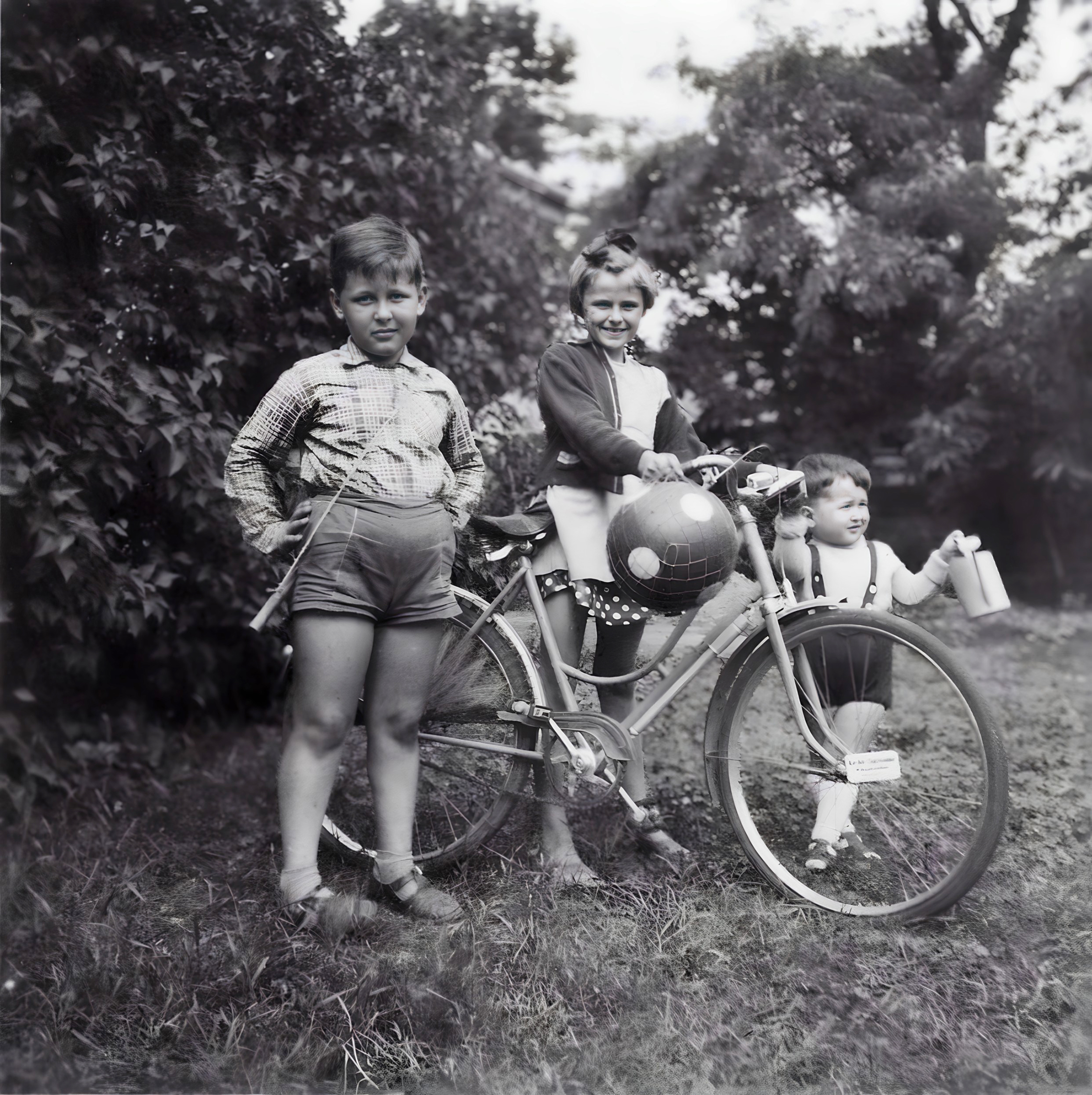Katalin Karikó: It was a very simple life. We lived in an adobe house. And we had a reed roof, and we had a sawdust oven. And we had one room which was heated during the winter. My mother cooked and ate, and we were doing our homework. My parents worked very hard and late hours. So, for Christmas, we got a little pot that we could go with our parents to get water to the middle of the street where people were chatting. It was kind of like the chat room at that time, because you learned what’s happening in the city, and sometimes a lot of people gathered there. They already had their water, but they still. So that was fun. And of course, we have no television or refrigerator, but nobody around in our neighborhood had any of these things so I didn’t know that I’m missing.

What was important is the love and this childhood which we could have. We have doubt always. We worked in the field and with animals, but everything was play. And so it was – We didn’t have to worry about, like some other people had that they didn’t have enough food to eat, and I did not have that. And we could go to school and we had clothes. And our parents – I have an older sister. And she was a very good student and always set up the bar for me that I had to be also good. They expected me to be good if she was, she was good.
